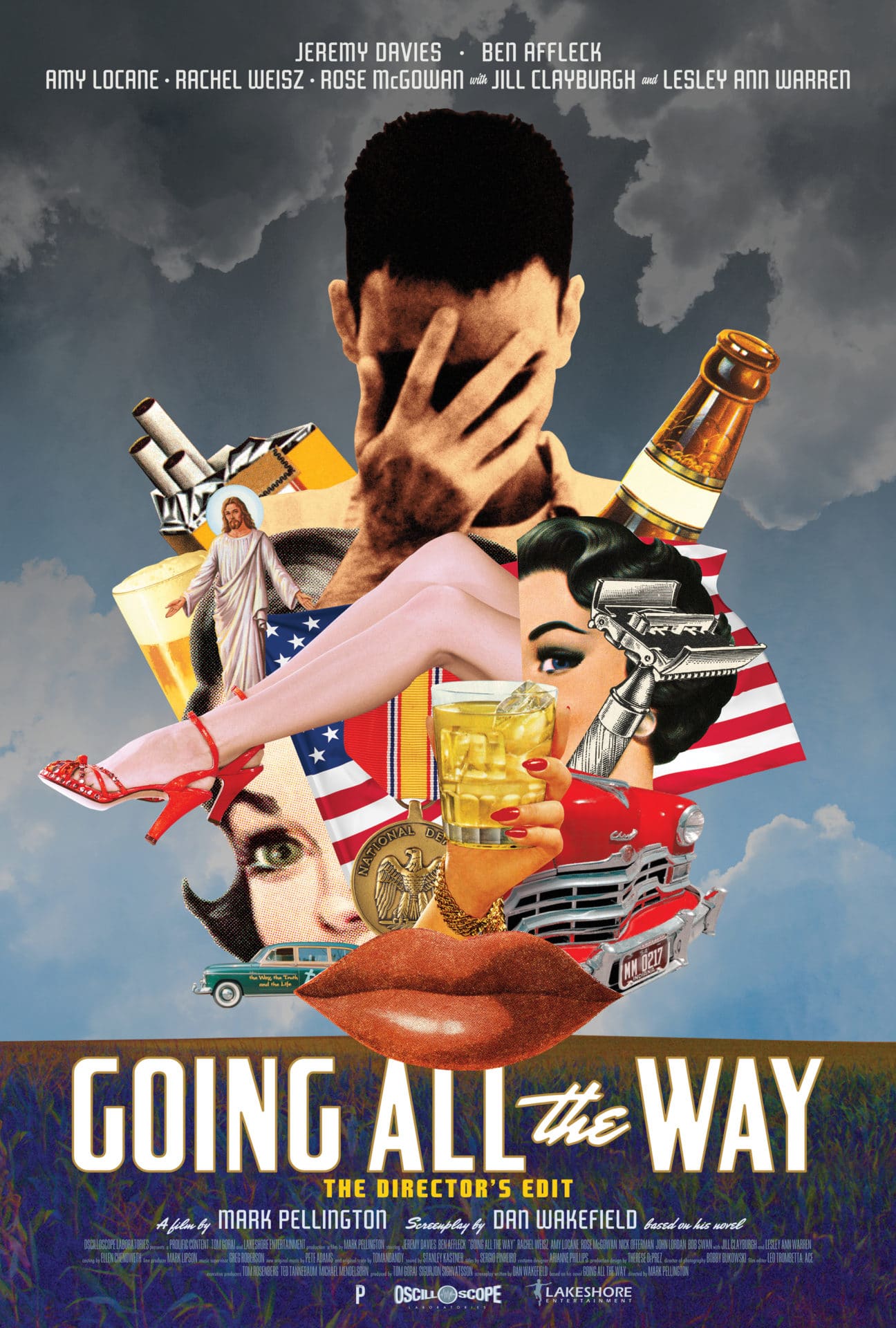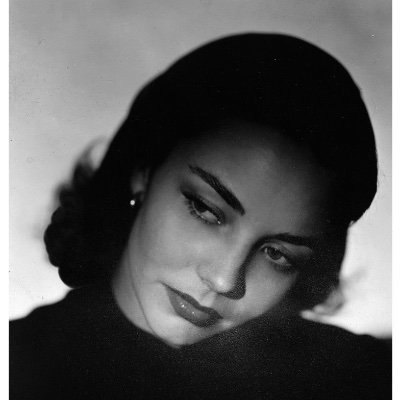
- Starring
- Jeremy Davies, Ben Affleck, Rachel Weisz
- Writer
- Dan Wakefield
- Director
- Mark Pellington
- Rating
- R (United States)
- Running Time
- 103 minutes
Overall Score
Rating Summary
Going All the Way arrived on the scene in the late 1990s as one of many coming-of-age dramas that attempted to address the root causes of the social and sexual anxieties that tend to plague young men. It just so happened to be a 1950s period piece that highlighted the talents of several notable character actresses but it ended up getting lost in the shuffle. In an era in which starry, big budget dramas like Pleasantville and The Ice Storm were regularly being released into theatres, this comparatively small-scale production struggled to find a foothold in the industry. Perhaps this is what compelled director Mark Pellington to return to the project, 25 years later, in order to put out a director’s cut that retains a stronger sense of its creator’s personal vision.
The film originated as an adaptation of Dan Wakefield’s autobiographical novel of the same name and its screenplay takes on the confessional quality of a memoir. Sonny Burns (Davies) serves as a stand-in for Wakefield and is introduced as a shy, retiring youth who fantasizes about bikini babes. He has served time in the army during the Korean Army but does not feel as though he has matured into an adult and is still easily intimidated by his macho peers. When he starts hanging out with Gunner Casselman (Affleck), a jock-turned-beatnik, he worries that his newfound buddy is mocking him behind his back. Casselman teaches him how to seduce women and encourages him to move to New York City. Their friendship is put to the test when Casselman enters into a forbidden love affair with Marty (Weisz) while Burns battles the symptoms of post traumatic stress disorder.
Wakefield’s willingness to let this story move along at an ambling, languid pace is fairly refreshing. He doesn’t appear overeager to reach a dramatic conclusion and the film’s ending is mercifully restrained. Viewers are given an opportunity to observe these callow youths during a transitional period in their lives and we wince whenever they demonstrate any of the awkward behavioral tics that high-minded hipsters take on. These are not pleasures that can be derived out of most coming-of-age flicks but Going All the Way is distinguished by its emotionally restrained approach to telling a familiar story. There is something about Sonny’s bitter resignation that stays in the mind and the image of a young man who fears that he will never outgrow the uneasiness of youth remains heartrending.
The talented all-star cast also helps to enliven an oft-told story, as Weisz and Davies both succeed in crafting idiosyncratic personalities. The latter is asked to anchor the entire film whilst still playing a character who is defined by his passivity and admirably rises to the challenge. He keeps his trademark twitchy eccentricity at a minimum and convinces as a young man who has been taught to repress his emotions. He also shares a couple of lovely tête-à-têtes with Jill Clayburgh, who portrays his uptight mother. In moments like these, you are reminded of the fact that there is a certain value in seeing a performance piece brought to the screen. Viewers rarely get to savor this sort of ensemble piece anymore and it’s a joy to see so many rising stars brought together in one independent feature.
Going All the Way is best enjoyed as a companion piece to another Wakefield adaptation which just so happened to prominently feature Clayburgh. Alan J. Pakula’s Starting Over focuses on middle-aged divorcees who would appear to have moved past the concerns that weigh down naïve youngsters. This is one of those 1970s romantic comedies that dares to take on a surprisingly dark tone and, in many regards, it feels like a spiritual successor to Pellington’s film. Both films seriously examine the harming effect that stereotypes about masculinity can have on blossoming relationships and work to capture the zeitgeist of the period in which they were set. The suggestion that one doesn’t solve all of the mysteries of life when you live to a certain age becomes oddly reassuring when considered in this specific context. Perhaps Pellington didn’t set out to produce the perfect companion piece to a largely forgotten late-1970s gem but his respect for the poetic simplicity of Wakefield’s prose comes through in every frame.
Note: GOING ALL THE WAY: The Director’s Edit opens Nov. 9th in Los Angeles at Brain Dead Studios, and Dec. 16th in New York at Quad Cinema with rollout to follow.
still courtesy of Lakeshore Entertainment
If you liked this, please read our other reviews here and don’t forget to follow us on Twitter or Instagram or like us on Facebook.

I am passionate about screwball comedies from the 1930s and certain actresses from the Golden Age of Hollywood. I’ll aim to review new Netflix releases and write features, so expect a lot of romantic comedies and cult favourites.
Discover more from
Subscribe to get the latest posts sent to your email.
